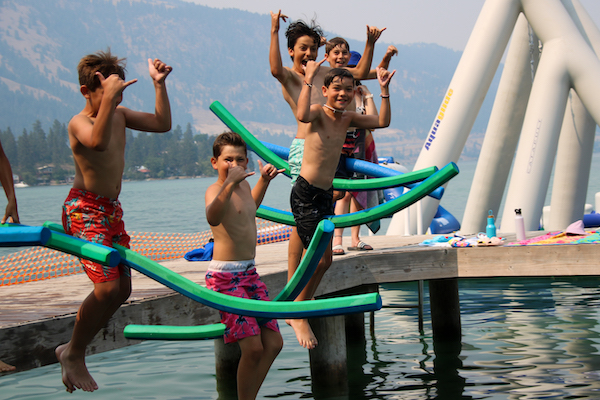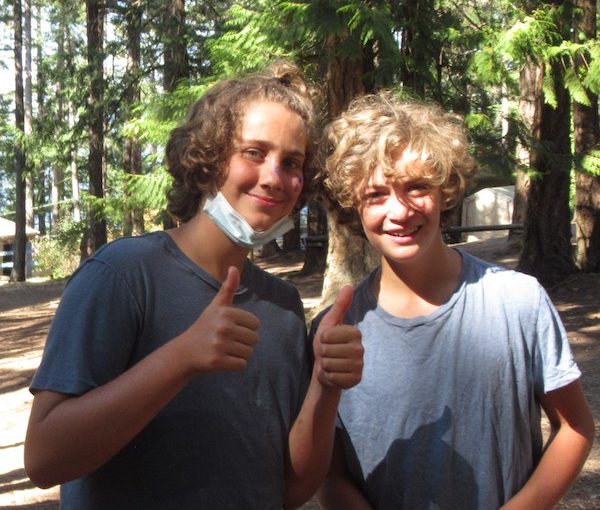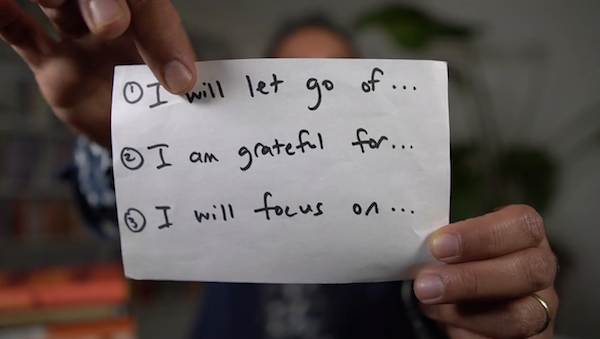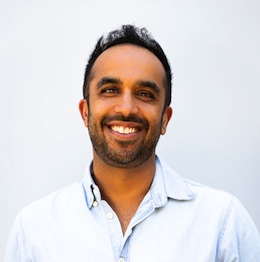If the thought of cooking one more boring meal is just too daunting, Google your heart out – there are gazillions of cookbooks out there.
The days are short and dark and all I seem to want to do right now is stuff my face with comfort food. Some days that manifests as peanut butter and banana sandwiches, and some days it looks like pot roast and mashed potatoes. I rarely crave a salad or a stick of celery in this chilly, wet weather. Mind you, I have been tempted (and given into) a huge piece of pumpkin pie. That’s a daily serving of vegetables, right? I’m all about the carbs at the moment. Plus, peanut butter makes my coat nice and shiny. Or so says hubby Harvey.
Like a bear, I’m looking to bulk up for my winter hibernation. Although, when you think about it, we’ve been living through almost a two-year hibernation. It’s called COVID-19. I don’t know anyone who hasn’t found some comfort in over-indulging during this pandemic. Whether the target of our ill-placed attention is food, booze or online shopping, we’ve all been guilty of overdoing it in some way or other. Oh, I forgot to include Netflix, Prime Video and Crave. I do crave my Crave. I don’t know how many hours of my life I’ve given over to this pap. Not that I’m bragging. Actually, I’m kind of embarrassed by it, but, in a way, it’s keeping me sane because it lets me focus on something other than COVID. But enough about the C-word.
My guilty pleasure is doughy, savoury foods, packed with calories. That’s where the Perogy Toss comes in. I got this recipe decades ago from the catering company at Richmond City Hall’s cafeteria, where I often ate lunch during my working days. The recipe is still a winner. Add a salad and you’ve got dinner. Add a glass or two of wine and you’ve got a date.
PEROGY TOSS
1-kg package frozen potato perogies
4 tbsp sundried tomato oil (or olive oil)
3/4 cup minced onion
1 tbsp minced garlic
2 tbsp minced black olives
12 tbsp (3/4 cup) minced and drained sundried tomatoes
4 tbsp minced capers
1 1/2-oz (14-gram) package fresh basil, chopped
light sour cream
Boil salted water in a large pot. Add frozen perogies and boil for four to five minutes (or whatever the directions say). Drain well. Rinse with hot water and drain again. Return perogies to the pot.
In a frying pan, heat the sundried tomato oil (or olive oil) until hot. Add onion and garlic and sauté until onion is soft and golden. Add olives, sundried tomatoes and capers. Stir.
When heated through, add to the cooked perogies in the pot. Heat on low for about one minute, tossing to fully coat the perogies. Add the basil and serve at once. Put sour cream on top, if desired – and who wouldn’t desire that?
Just in case this recipe doesn’t give you your year’s allotment of salt, here’s another one that will not only satisfy your craving for savoury, but holds its own as an appetizer served with pita or crackers. Some of you might be put off by the weird orange shade of this dip, but I’m sure you’ll get past that. If you’re a lazy cook like me, you’ll be happy to know that the only kitchen appliance you’ll need is a food processor.
RED PEPPER & FETA DIP
3 red bell peppers
6 oz feta cheese
2 tbsp olive oil
2 tbsp pine nuts
Cut in half and seed three red bell peppers. Place on a broiling pan, skin side up, and broil until skin is charred and blistered, turning over several times. This is what creates that smoky flavour.
Remove the skin from the peppers – some say sealing them in a brown paper bag while they’re cooling for five to 10 minutes creates steam and makes them easier to peel.
Once peeled, put the peppers in a food processor and add the feta cheese, olive oil and pine nuts. Blend till it’s nice and smooth.
Chill before serving. (I mean the dip, but you could also chill yourself with a glass or two of your favourite alcoholic beverage and a bag of chips.)
Serve with pita wedges or crackers. And don’t even think of substituting a different kind of nut. It’s just wrong. It’s got to be pine nuts.
I’ve made this dip for company loads of times and everyone likes it. It’s one of those go-to, quick-as-can-be appies that’s pretty much foolproof. Of course, your guests have to have a taste for feta cheese and pine nuts, but don’t most of us? (Maybe have an EpiPen ready just in case.) It’s definitely got a bit of an unusual flavour, but in a good way. It’s worth a try, if only to expand your repertoire … says the woman who ate the same California roll and agedashi tofu three or four times a week when she was single. However, I’ve since seen the error of my ways.
As you can tell, I’m all about the easy. And, if it tastes good too, score a win. I’ve never been one to fuss about food because it all gets eaten in a matter of minutes anyway, so why bother? I know, I know. What kind of an attitude is that for an accidental balabusta? But, like Popeye said, “I yam what I yam.”
As time wears on with this pandemic, I’m going to need to get more creative with my culinary adventures. I’ve fallen into the chicken, fish, meat, repeat, habit, and it’s getting old. I sure miss going out to restaurants on a regular basis. With the majority of us Canadians being doubly vaccinated, I think we’re moving in the right direction with this pandemic and, hopefully, it won’t be long before we embark on our “new normal.” G-d-willing, it will be an even better, more beautiful “normal.”
In the meantime, if the thought of cooking one more boring meal is just too daunting, get out your mother’s 1970s National Council of Jewish Women cookbook, Google your heart out or visit a bookstore near you, and tackle some new recipes. You might just discover your new favourites. Or maybe try a recipe swap with your close friends. You never know what tricks they might have up their sleeves. Caveat: choose friends whose culinary realm most resembles yours; otherwise, you may find yourself spending hours in the kitchen making some exotic breakfast, when all you really wanted was a new recipe for French toast.
Wishing you well in your hibernation. Don’t forget to turn the heat down, suspend newspaper delivery and stock up on toilet paper. I know, I know – newspaper? (Present company excepted, of course, and the JI is taking the month off, as well.)
Shelley Civkin aka the Accidental Balabusta is a happily retired librarian and communications officer. For 17 years, she wrote a weekly book review column for the Richmond Review. She’s currently a freelance writer and volunteer.







